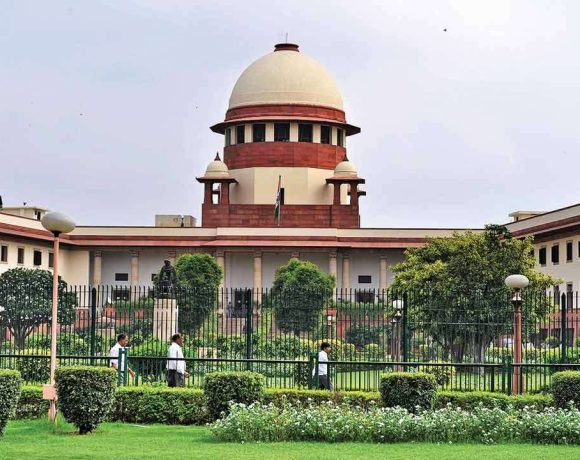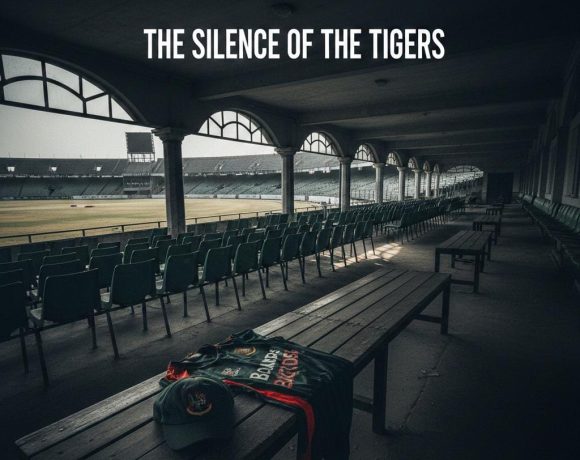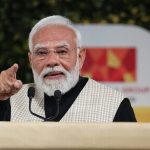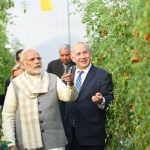
BJP MLAs Demand Mamata Banerjee’s Resignation Over Murshidabad Violence
Tensions escalated in West Bengal’s Murshidabad district following violent clashes during a Ram Navami procession, prompting BJP legislators to demand the resignation of Chief Minister Mamata Banerjee. The violence, which erupted during what was supposed to be a religious celebration, left over 20 people injured, including women and children. The state responded by imposing Section 144 and deploying central security forces to control the situation.
BJP Accuses State of Appeasement Politics
Leader of the Opposition Suvendu Adhikari, along with several BJP MLAs, held the state government responsible for what they described as a complete breakdown of law and order. Adhikari accused the ruling party of appeasement politics that had emboldened anti-social elements to attack Hindu devotees. The BJP leadership has demanded a thorough investigation by the National Investigation Agency (NIA) and called on Mamata Banerjee to step down from her post, alleging that the administration failed in protecting the rights and safety of its citizens.
The BJP’s protest was not confined to the legislative floor. Demonstrations were staged outside key government buildings and in public spaces, amplifying calls for accountability. The party also raised concerns about repeated incidents of targeted violence in areas with Hindu populations, alleging a pattern of selective inaction.
State Government Calls for Calm, Blames Political Provocation
In response, Chief Minister Mamata Banerjee condemned the violence and called for peace and unity among all communities. She asserted that those responsible would face stringent action but also warned against political forces trying to exploit the unrest. She reiterated that the Waqf (Amendment) Act, 2025 would not be implemented in the state, attempting to defuse tensions that had contributed to the unrest.
The state government has begun investigations and initiated outreach to affected families, but the political fallout appears far from over. With opposition leaders intensifying their campaign and communal sensitivities at a high, Murshidabad’s unrest has quickly become a flashpoint in Bengal’s larger political battleground.
The coming weeks will likely see more political confrontations, as both the ruling party and the opposition gear up for national attention, making this more than just a local law and order issue—it is rapidly becoming a test of governance, communal harmony, and political narrative in West Bengal.


















